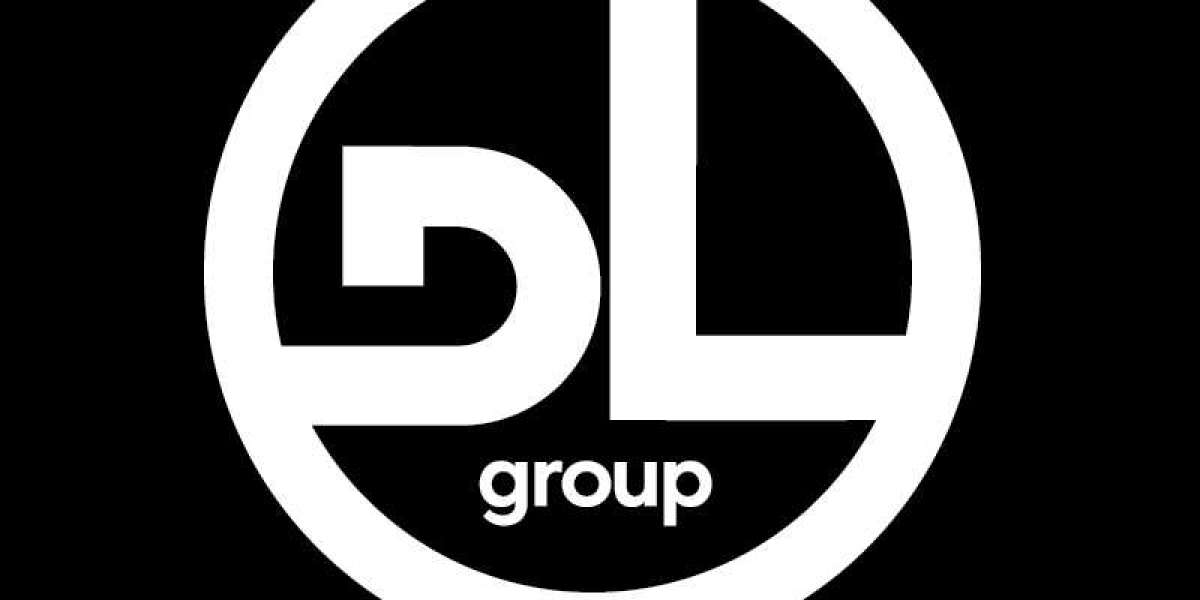It was a historic moment on March 1990 when the Berlin Wall, an enduring symbol of the Cold War, came crashing down. The world watched in awe as East Germans and West Germans embraced one another, crying tears of joy, celebrating the end of decades of separation and division. This monumental event marked a turning point in history, signifying the unification of a nation torn apart by political ideologies. It was a moment that would not only shape Germany's future but also redefine global politics and serve as a powerful symbol of hope and unity.
The Fall of the Berlin Wall had its roots in years of political and societal discontent. The wall, erected in 1961 by the German Democratic Republic (East Germany), was intended to prevent citizens from fleeing to the capitalist West. Over time, it grew into a physical and ideological barrier, representing the stark contrast between communism in the East and democracy in the West.
However, by the late 1980s, winds of change were blowing across Eastern Europe. Soviet leader Mikhail Gorbachev introduced a series of reforms known as perestroika and glasnost, fostering an atmosphere of openness and freedom. These reforms, combined with mounting pressure from citizens yearning for change, set the stage for a dramatic transformation.
In 1989, a series of peaceful protests erupted across East Germany, demanding political and economic reforms. The government, feeling the weight of public sentiment, was compelled to act. On November 9, 1989, an official announcement was made permitting East Germans to travel to the West freely. This unforeseen declaration unleashed a wave of euphoria, as people flocked to the Berlin Wall, armed with hammers and chisels.
March 1990 marked a pivotal moment in the aftermath of the wall's destruction. The new spirit of unity was showcased in the first-ever free and democratic elections held in East Germany. The citizens voted overwhelmingly in favor of the Social Democratic Party, signaling a desire for change and a break with East Germany's communist past.
The impact of the fall of the Berlin Wall reverberated far beyond Germany's borders. It symbolized the collapse of communism in Eastern Europe and the end of the Cold War era. The event paved the way for the reunification of East and West Germany, which officially took place on October 3, 1990. It also had a profound influence on geopolitical dynamics, as previous superpower rivalries transformed into a new era of cooperation and diplomacy.
To this day, the fall of the Berlin Wall remains etched in our collective memory as a powerful testament to the strength of human resilience and the triumph of unity over division. It serves as a reminder of the inherent desire for freedom and the limitless possibilities that arise when barriers are torn down.








